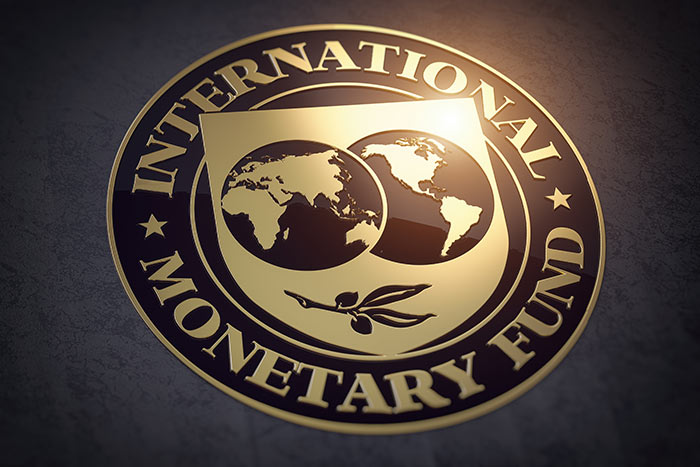Anti-Corruption & Governance reforms are critical – IMF

The International Monetary Fund (IMF) has emphasised the importance of anti-corruption and governance reforms as a central pillar of the EFF-supported program as they are indispensable to ensure the hard-won gains from the reforms benefit the Sri Lankan people.
In a statement issued ahead of the IMF press briefing on Tuesday (March 21) morning, Peter Breuer, Senior Mission Chief for Sri Lanka & Masahiro Nozaki, Mission Chief for Sri Lanka noted that Sri Lankan authorities have committed to fundamentally improve public financial management and strengthen the anti-corruption legal framework in line with the United Nations Convention against Corruption.
The reform program supported under the EFF arrangement is built on strong policy measures and prioritises:
(i) an ambitious revenue-based fiscal consolidation, accompanied by stronger social safety nets, fiscal institutional reforms, and cost-recovery based energy pricing to ensure the state’s ability to support all its essential expenditures;
(ii) restoration of public debt sustainability, including through a debt restructuring to ensure stable financing of the government’s operations;
(iii) a multi-pronged strategy to restore price stability and rebuild reserves under greater exchange rate flexibility in order to alleviate the burden of inflation, particularly on the poor, to foster an environment of investment and growth, and to ensure Sri Lanka’s ability to purchase essential goods from abroad;
(iv) policies to safeguard financial sector stability to ensure that the financial sector can play its key role in supporting economic growth; and
(v) structural reforms to address corruption vulnerabilities and enhance growth.
It is now essential to continue the reform momentum under strong ownership by the authorities and the Sri Lankan people more broadly, said the IMF.
It added that the economic impact of the reforms on the poor and vulnerable needs to be mitigated with appropriate measures.
The IMF added that Tax reforms under the program are designed to be progressive, that is, ensuring greater contributions from high-income earners. Efforts to increase tax revenues should be pursued in a growth-friendly manner while protecting the poor and most vulnerable.
In addition, the IMF is conducting an in-depth governance diagnostic exercise, which will assess corruption and governance vulnerabilities in Sri Lanka and provide prioritised and sequenced recommendations, it added.
The statement went on to note that Sri Lanka will be the first country in Asia to undergo a governance diagnostic exercise by the IMF.
It is now important for the Sri Lankan authorities and creditors to closely coordinate and make swift progress towards a debt treatment that restores debt sustainability under the EFF-supported program, said the IMF.
On Monday (March 20), the IMF Executive Board approved a 48-month extended arrangement under the Extended Fund Facility (EFF) of SDR 2.286 billion (about US$ 3 billion) to support Sri Lanka’s economic policies and reforms.
(Courtesy: News 1st)
Latest Headlines in Sri Lanka
- Sri Lanka reaffirms commitment to global disarmament at Geneva conference February 24, 2026
- Sri Lanka to launch standardized business registration system in March 2026 February 24, 2026
- Customs officers launch trade union action over unresolved issues February 24, 2026
- Ex-Inspector wanted over 2023 Weligama shooting arrested upon return to Sri Lanka February 24, 2026
- Defence Secretary inspects NFTH following SLAF takeover February 23, 2026



Absolutely but to implement and achieve this in Sri Lanka is just trying to climb Everest waring sandals. .